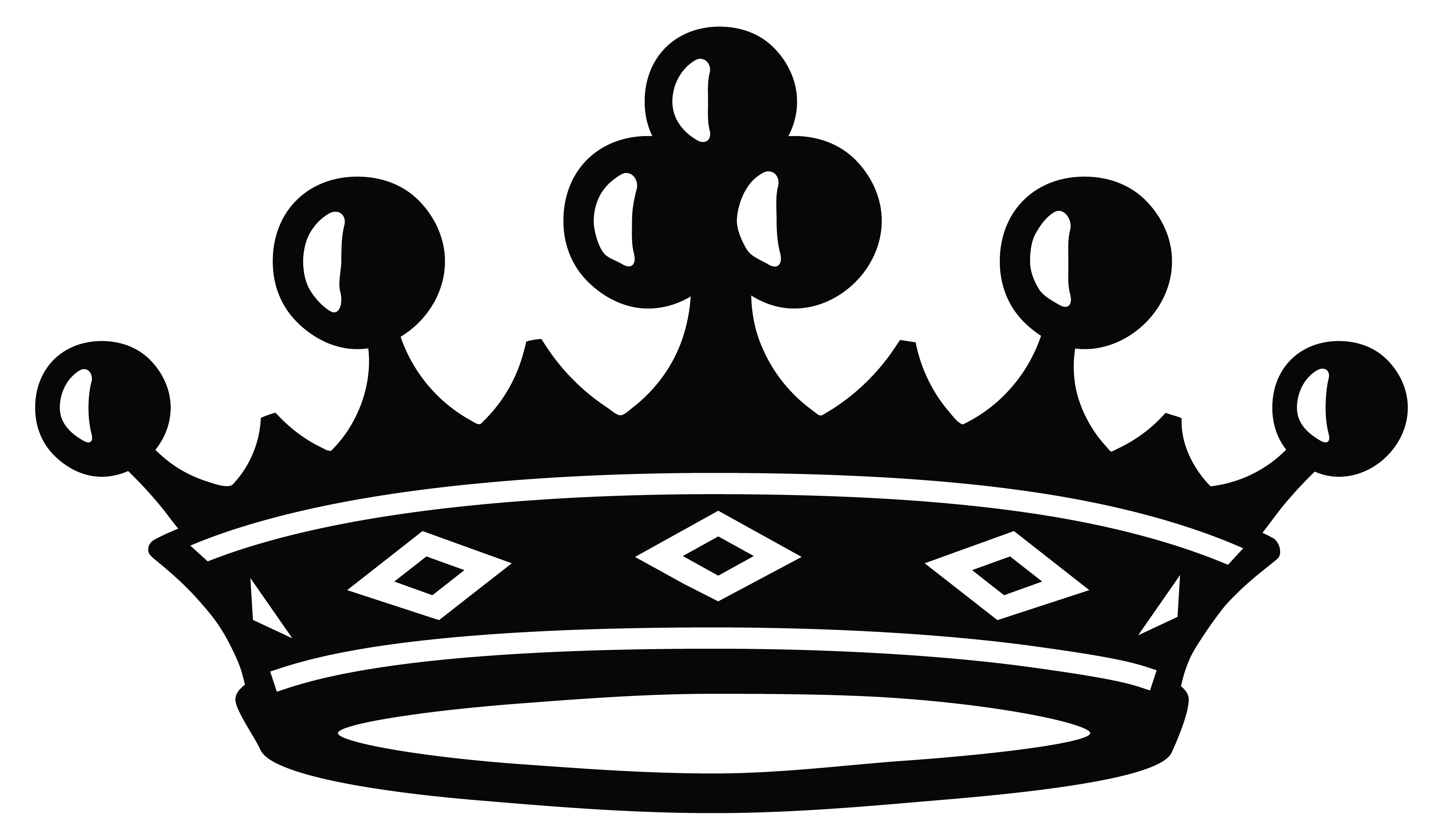I've been reading a lot about South African exiles, and particularly musicians, artists, authors, people who left in the ‘50s, ‘60s and ‘70s. As the apartheid government intensified, restrictions were being put on people's creative output in general. There was this mass exodus of South African creatives.
I want to make an example in particular with the jazz musicians who left. I've been looking at Johnny Dyani, and Mongezi Feza, who left with The Blue Notes in ‘64. I follow them in particular, because they're from where I'm from. Johnny Dyani from King Williamstown, and Mongezi Feza from Queenstown, now eKomani. They were such a central part of the development of avant garde jazz and free jazz music in Europe. Which is, I would say, radically different from the sound that would be considered South African or even African in general.
It’s been really interesting to think about that in an historical context, and what that creative freedom is, and how that survives now. How those kinds of impositions and expectations on an artist from Africa, or an artist from South Africa, how those things are manifested now.
Creative freedom is directly related to living in that complicated, difficult place with oneself and not being this or that, but really engaging with the complex nature of whatever, in my case, being black, Xhosa, South African. Those kinds of impositions on my identity and sense of self are about understanding them and acting outside of them and challenging them, to find oneself at a place of pure expression.
















